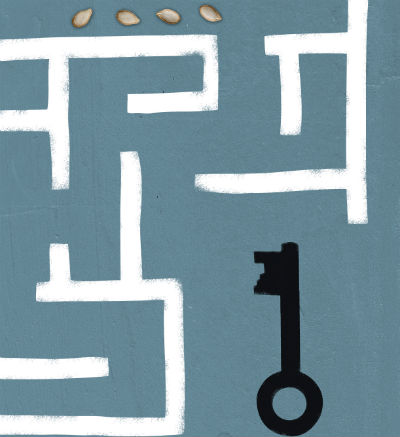Submitted by basma on
This report is part of CRIN's access to justice for children project, looking at the status of the Convention on the Rights of the Child (CRC) in national law, the status of children involved in legal proceedings, the legal means to challenge violations of children’s rights and the practical considerations involved in challenging violations.
Greece ratified the CRC in 1992, and has also ratified the optional protocols on children in armed conflict and on the sale of children. CRC provisions have the force of law, can be directly invoked in court if they are “self-executing”, and prevail over domestic legislation. Children can generally bring cases through their representatives, who are in principle the parents. In criminal courts, the right to bring a complaint belongs exclusively to the child’s representative for children under 12 years of age, jointly to the child and the representative when the child is between 12 and 16, and exclusively to the child from 17. In civil courts, children over 16 can initiate legal proceedings for any issue that concerns his or her personal status. If the parents do not exercise their parental responsibility or exercise it in an abusive manner (including not agreeing to a case being brought on behalf of the child), the courts may take any appropriate measure. Any court is competent to hear a claim concerning a violation of the Constitution or the CRC. The Ombudsperson for children can receive complaints about child rights violations. Legal aid is available in all courts on the basis of sufficient resources. Once all domestic remedies have been exhausted, children can refer to the European Court of Human Rights. Moreover, NGOs can submit complaints to the European Committee of Social Rights. There are no juvenile courts and no centralised Child Code.

